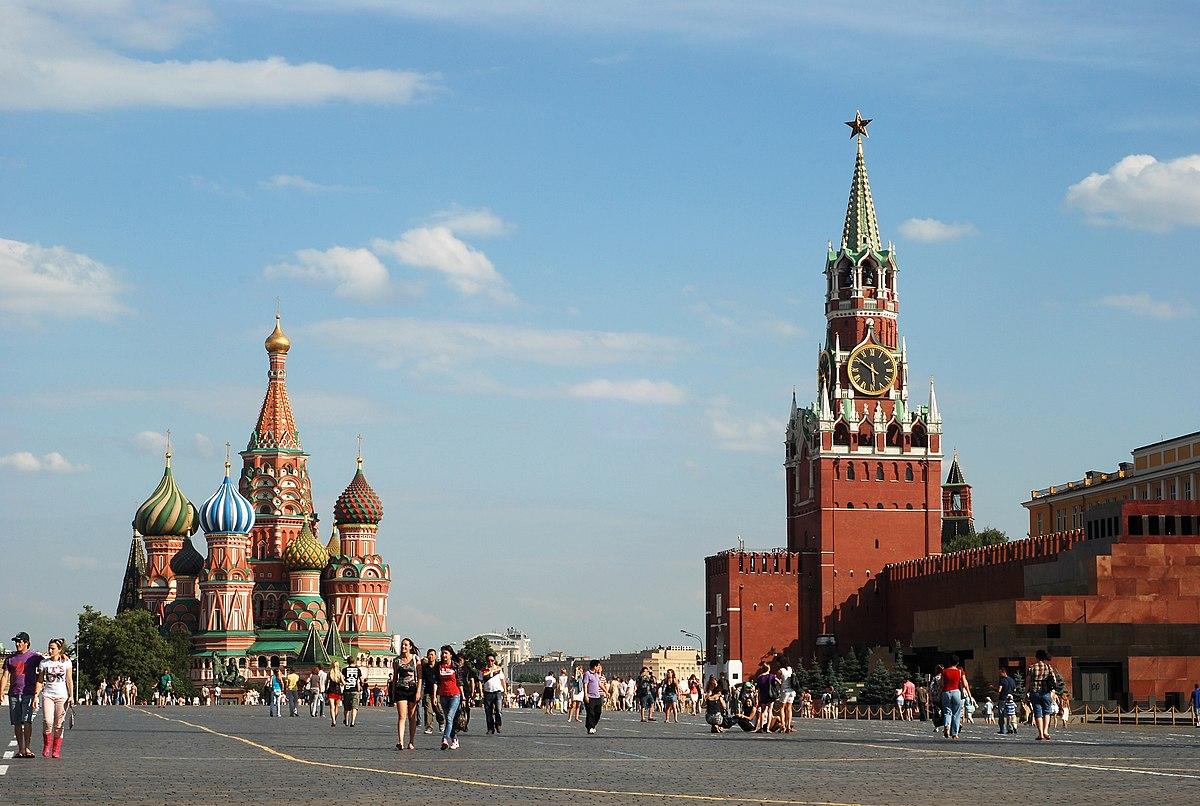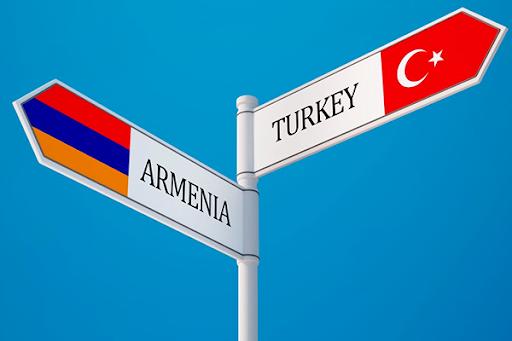"Armenia's political elite is to blame for country's critical situation, not Ankara and Baku" Russian State Advisor for Caliber.Az
Caliber.Az presents an interview with Tatyana Poloskova, doctor of political sciences, the State Advisor of the Russian Federation of the first class, and a member of the closed club of the intellectual, business, and political elite of Roscongress Club.
- What do you think of the current situation in Armenia, in particular, the opposition's protests which have calmed down, what does it mean?
- It speaks to the fact that it is the height of summer. And at that time the intensity of socio-political life usually gets lower. But seriously, the opposition has declared its intention to return to parliament in September. In the meantime, they have folded their tent cities. Armenian experts and opposition politicians say privately that Armenia supposedly managed to get support from some Russian "circles", and not only Russian ones, to solve "main problems": the "return" of Karabakh and the impeachment of Nikol Pashinyan. As for Russia, this is a very doubtful thesis. The Russian authorities are not concerned about it now. And I am afraid it won't care about it till September. Pashinyan really satisfies the official Kremlin. But the presence and activities of peacekeepers in Karabakh seem to be becoming an irritating factor. "Several months ago, when high-level officials of the Russian Defenсe Ministry were in Azerbaijan, they promised our Defenсe Ministry that the Armenian military would be out of Karabakh by June. Today it is mid-July, but the issue has not found a solution," Azerbaijani President Ilham Aliyev said recently. He also said that Russian peacekeepers do not force Armenia to withdraw its troops from Karabakh, which is "unacceptable" for Baku. For me personally, this is an understandable and reasonable reproach. And it indirectly confirms that there are those among the Russian political and military circles who are hindering the actual liberation of Karabakh from the Armenian occupation. This means they are entertaining the hopes of Armenian revanchists. The reasons and motives for this behavior are a subject of a separate topic.
- Do you think the future of Armenia is with Russia or the West?
- Frankly speaking, I am not interested in Armenia's future at all. I am more interested in what will happen to Russia after the failed blitzkrieg in Ukraine. I cannot predict this future in detail, but it is obvious to me that regional elites will play a decisive role in the processes on the territory of the Russian Federation.

- Are there any centripetal tendencies in Russia?
- There always have been. And when the federal government is weakened, these trends are always intensified. Harsh measures against the opposition part of society do not hit the regional elites. And people in Russia have never decided anything global, be it regime change, etc. Let me remind you that Russia is a country not of revolutions, but of palace coups. It is up to the regional elites to determine what happens to the country next. It is also obvious that Russia has suffered and is suffering considerable losses in terms of its image and its real capabilities today are not in line with its role as a world leader. Russia's influence in the so-called post-Soviet space is rapidly decreasing. The West is also on the verge of collapse - no one knows what the configuration of the European Union will be in the near future. But besides Russia and the so-called collective West (very dissimilar and contradictory), there is also the East and China.
And most importantly, who says that Armenia is able to choose anyone at all? Is this a prosperous country with which everyone aspires to enter into a political or economic marriage? The diaspora no longer wants to invest in Armenia, which has been plundered by its elite for decades. Yes, the diaspora is still concerned about the Karabakh issue. In recent months, I have talked to several influential representatives of the Armenian diaspora in Russia, and the common opinion is that "Karabakh must be returned, not given away. Because this territory is now "a symbol of independent Armenia". And translating this rhetoric into simple language, it is a revanchist topic, i.e. the last remaining honeypot which can be funded. No one believes in the future of Armenia, not only in the diaspora. There are no choices. Using the contradictions of the major powers in the region (and even the medium powers) to prolong the existence of a quasi-state, from which its own population is rapidly draining away, will not be possible for long.
- Should we expect any progress on the Armenian-Azerbaijani track in the issue of border demarcation and delimitation in the near future?
- Even if this process is not hindered by external and internal factors, first of all from the Armenian side, it is not a short-term story. Yerevan has publicly stated that it does its best to speed up the demarcation and delimitation process. For example, recently, National Assembly speaker Alain Simonyan said that Armenia is making efforts to unblock the transport communications in the South Caucasus, as well as to delimit and demarcate the border with Azerbaijan. But in fact, many representatives of Armenian political and expert circles believe that the signing of the border treaty is "a surrender, a defeat, and the end of independent Armenia." Armenia is indeed in a critical state, but it is not Azerbaijan and Türkiye that are to blame for this, but the Armenian political elite, which has been plundering the budget all these years, the lion's share of which was based on external injections. Frankly speaking, I would rather believe in a new anti-terrorist operation that will finally liberate Karabakh from the remnants of the Armenian occupants than in the goodwill of Yerevan. I fully share the approach of A.A. Gromyko, who said that 10 years of negotiations are better than one day of the war. But sometimes it is military action that allows for saving lives. In this case, we are talking about the return of the occupied territories, but not about occupying others' lands.

- How high is the probability of the Armenian-Turkish border opening?
- Actually, opening the border would not cause any problems for Armenia. On the contrary, it would activate economic exchange. In addition, Armenian citizens are one of the components of labor migration to Türkiye. I would like to recall the recent visit of the Special Representative of Türkiye for Normalization of Relations with Armenia Serdar Kılıç to the Turkish-Armenian border in Kars, which caused a stir in the media. A number of closed-door meetings were held. The demining of some areas of the Turkish-Armenian border and preparations for the opening of border crossings are underway. But everything is still in the process. And in order to make assessments, it is necessary to have information, and it's not my policy to sit on the sofa in front of the TV in Moscow and talk about the events on the Turkish-Armenian border. I am planning to make a business trip to Türkiye in late September, if everything goes well I will be able to give a more objective forecast.
- What processes, in your opinion, may take place in the South Caucasus region in the mid-term perspective, against the background of the latest meeting of the leaders of Russia, Türkiye, and Iran in Tehran?
- Personally, I have no illusions about this meeting. What actually happened? Erdogan said he did not want to overthrow the Assad regime. Why would he want to overthrow it? Türkiye now actually controls the oil-bearing regions of Syria. Damascus and Latakia, which are located in the Russian zone of influence, are experiencing a severe shortage of oil products, and gasoline for cars is sold at three times the price on the black market, and not only gasoline. The Assad regime is supported by the Kremlin. According to Russian scientists, which are already quite loyal to the Kremlin, Syria is in fact split into three parts. And the chances of gluing something whole out of this piece are very small. Why overthrow something that will fall apart on its own?
Ideas about forming some kind of new center of geopolitical gravity? Time will tell. I have been watching the "dancing" around the BRICS for several years now, but so far it is just a negotiating platform. It's a money laundry at all kinds of forums, gatherings, and festivals. And the domestic turnover between these countries is very low. But I can see how new regional centers of geopolitical gravity are being formed in the post-Soviet territory. These are Kazakhstan and Azerbaijan. And I believe in the future of Ukraine.








